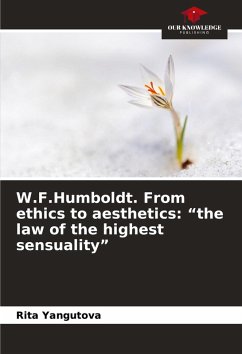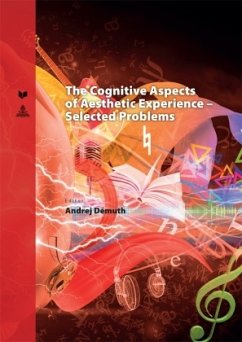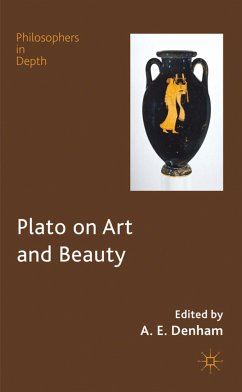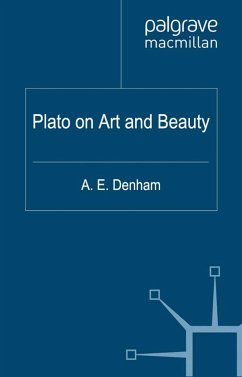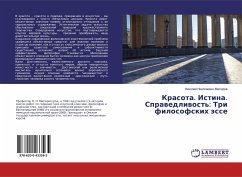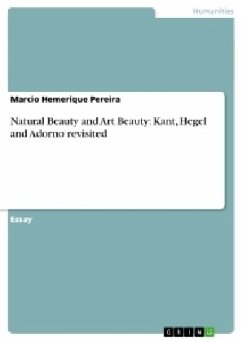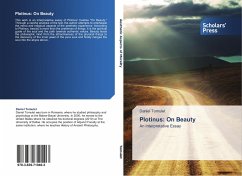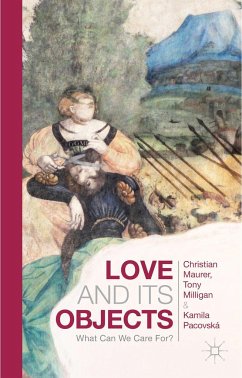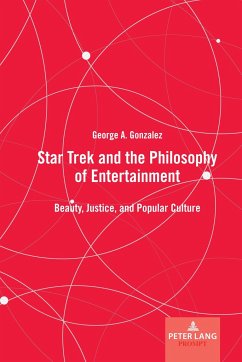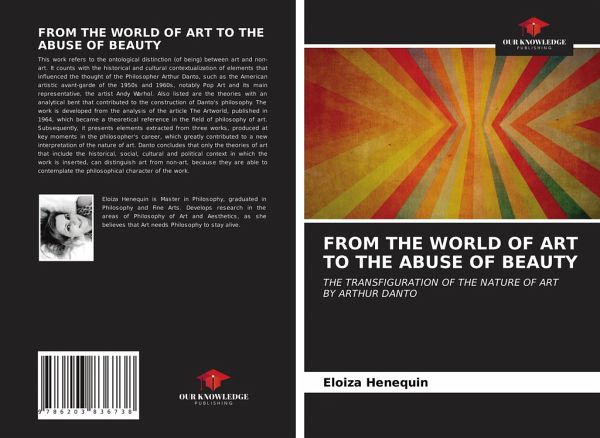
FROM THE WORLD OF ART TO THE ABUSE OF BEAUTY
THE TRANSFIGURATION OF THE NATURE OF ART BY ARTHUR DANTO
Versandkostenfrei!
Versandfertig in 6-10 Tagen
36,99 €
inkl. MwSt.

PAYBACK Punkte
18 °P sammeln!
This work refers to the ontological distinction (of being) between art and non-art. It counts with the historical and cultural contextualization of elements that influenced the thought of the Philosopher Arthur Danto, such as the American artistic avant-garde of the 1950s and 1960s, notably Pop Art and its main representative, the artist Andy Warhol. Also listed are the theories with an analytical bent that contributed to the construction of Danto's philosophy. The work is developed from the analysis of the article The Artworld, published in 1964, which became a theoretical reference in the fi...
This work refers to the ontological distinction (of being) between art and non-art. It counts with the historical and cultural contextualization of elements that influenced the thought of the Philosopher Arthur Danto, such as the American artistic avant-garde of the 1950s and 1960s, notably Pop Art and its main representative, the artist Andy Warhol. Also listed are the theories with an analytical bent that contributed to the construction of Danto's philosophy. The work is developed from the analysis of the article The Artworld, published in 1964, which became a theoretical reference in the field of philosophy of art. Subsequently, it presents elements extracted from three works, produced at key moments in the philosopher's career, which greatly contributed to a new interpretation of the nature of art. Danto concludes that only the theories of art that include the historical, social, cultural and political context in which the work is inserted, can distinguish art from non-art, because they are able to contemplate the philosophical character of the work.



